US seeks to ‘break’ Russia-Iran alliance: Envoy
The United States seeks to “break” Russia's alliances with Iran and China, says Washington’s Special Envoy for Ukraine and Russia, Keith Kellogg.
"The United States will work to sever Russia's alliances” with the countries, he said, addressing the Munich Security Conference on Saturday.
The official claimed that these alliances did not exist four years ago during Donald Trump’s first tenure as the American president, brushing off the countries’ time-honored partnerships.
The remarks came as Iran and Russia continue to deepen their strategic partnership through long-term agreements and sizeable joint projects.
The Russo-Iranian partnership has reached new heights in recent years, marked by their cooperation in infrastructure, energy, and defense sectors.
Last month, Tehran and Moscow signed a Comprehensive Strategic Partnership Agreement, laying the groundwork for long-term collaboration on various mega-projects for the upcoming 20 years. According to observers, the agreement reflected the nations' shared vision of a multipolar world order and their opposition to unilateral Western policies.
The United States, however, views the partnership as a threat to its dominance in the Eurasia region, they note.
Kellogg suggested that increased sanctions and diplomatic pressure might be employed to weaken these alliances.
"Tightening sanctions against Russia could significantly affect its behavior," he said, adding that Russia's economy remained, what he called, heavily reliant on oil and gas exports.
He claimed that current sanctions enforcement against the country by the US and its allies was only at a level three on a 10-point scale, suggesting that more stringent measures could "break the economic backbone" of Russia.
The United States has done something similar before, particularly with Iran, the envoy said, referring to the illegal American economic restrictions against the Islamic Republic that were increased following the former’s unilateral and unlawful withdrawal from a multi-party and United Nations-endorsed nuclear deal between Tehran and others.
Iran, however, has responded by further diversifying its economic and trade partnerships, finding more ways to bypass the sanctions, reinvigorating domestic production, and further reinforcing its cooperation with its key allies, including Russia and China.
The Russo-Iranian partnership extends beyond energy and infrastructure into military cooperation, as seen in their joint naval exercises in the Persian Gulf and mutual efforts to stabilize Syria that used to feature Iranian military advisory contribution to Damascus’ counterterrorism efforts.
Both countries have also consistently opposed US military presence in the region and supported initiatives to enhance regional security independent of Western powers.
‘Ukraine might have to ‘cede’ territory to Russia’
Elsewhere in his remarks, Kellogg suggested that Ukraine might have to “cede” territory to Russia without officially recognizing Russian control, signaling a potential shift in Washington's approach to the ongoing conflict between Russia and the ex-Soviet republic.
Back in 2014, the Ukrainian peninsula of Crimea joined the Russian Federation in a referendum. In 2022, the eastern Ukrainian regions of Donetsk and Lugansk also became parts of Russia in similar plebiscites.
Kellogg’s comments came after remarks made by Trump earlier this month, during which he said Ukraine “may be Russian someday.”
Palestinians granted only 66 building permits in West Bank over 11 years: Report
Somaliland ready to give US access to its minerals, military bases: Minister
VIDEO | Iran's game changing retaliation boxes- part 1
VIDEO | Iran's game changing retaliation boxes- Part 2
VIDEO | Palestinian widow raises three kids in Gaza as her husband killed by Israel
Palestinian teen killed as raids and settler violence intensify across West Bank
Iran’s layered arsenal primed to deter – and decimate – US warships in Persian Gulf
Iranian commander dismisses US military buildup in West Asia as ‘theatrical gesture’


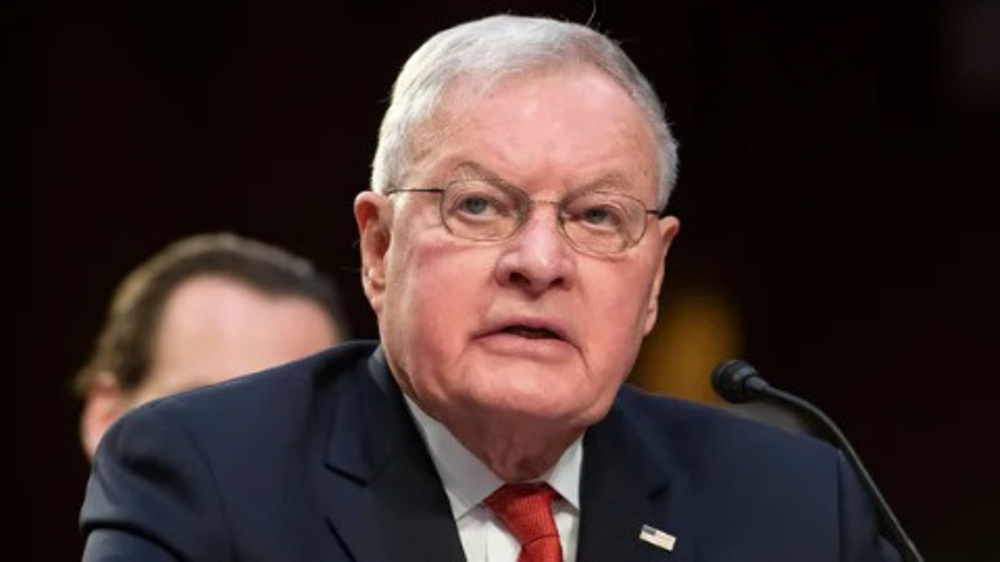
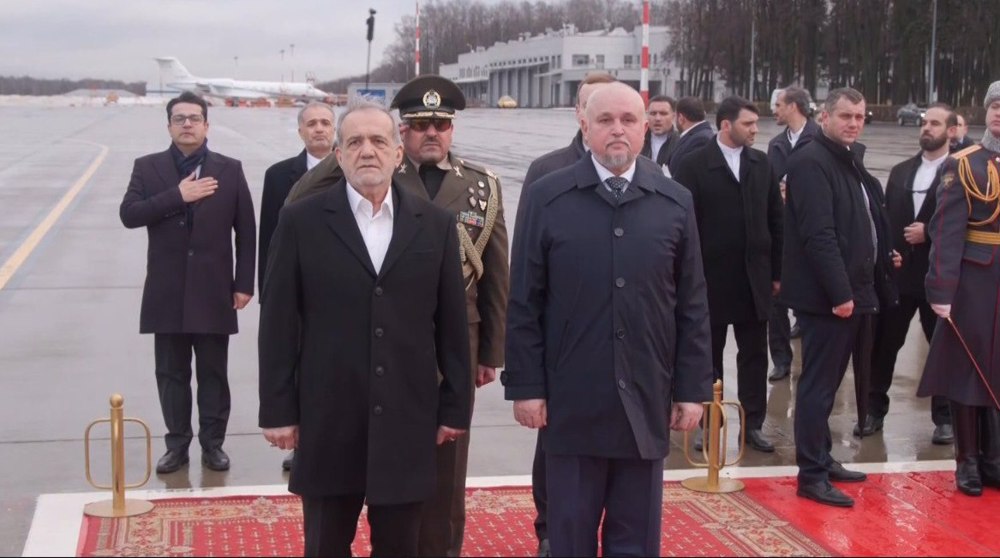

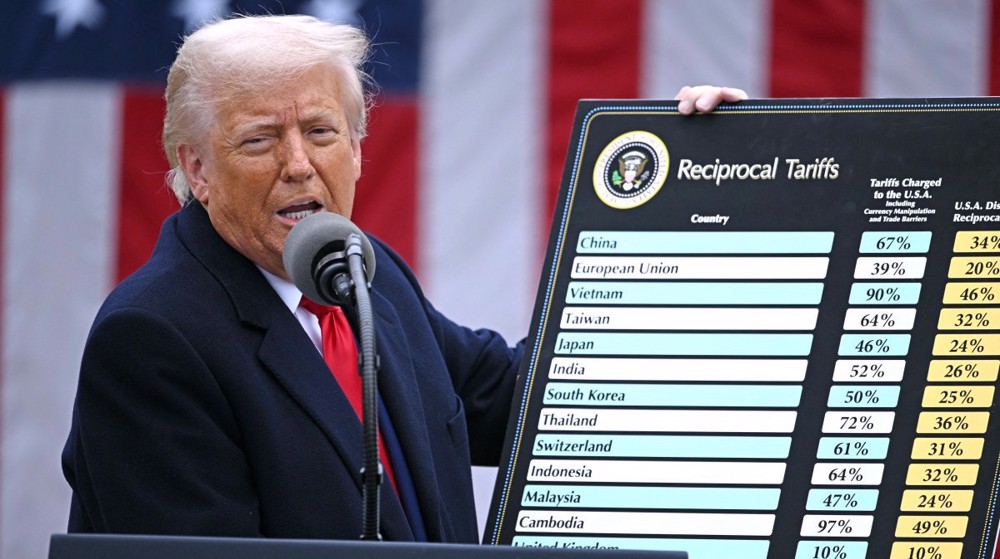
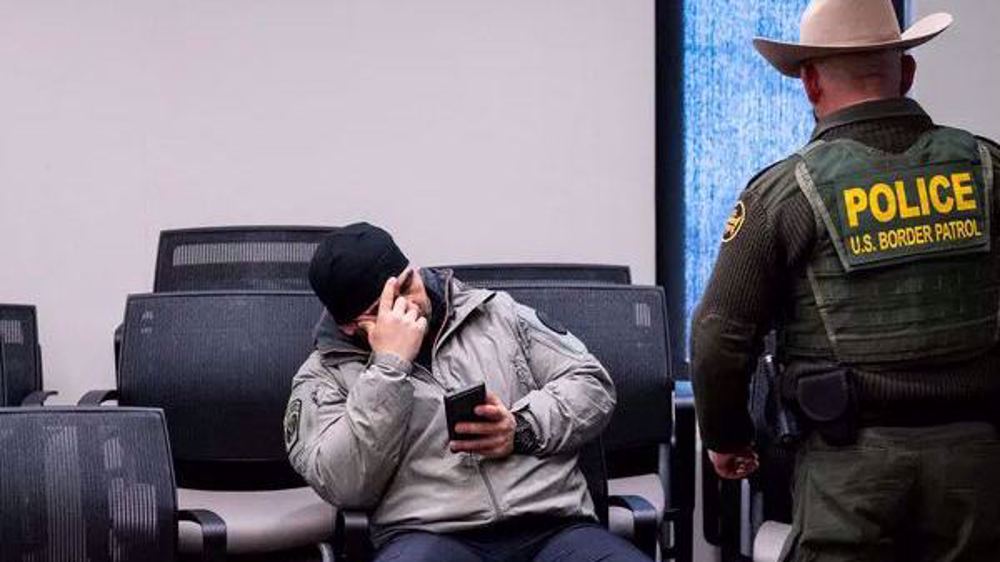



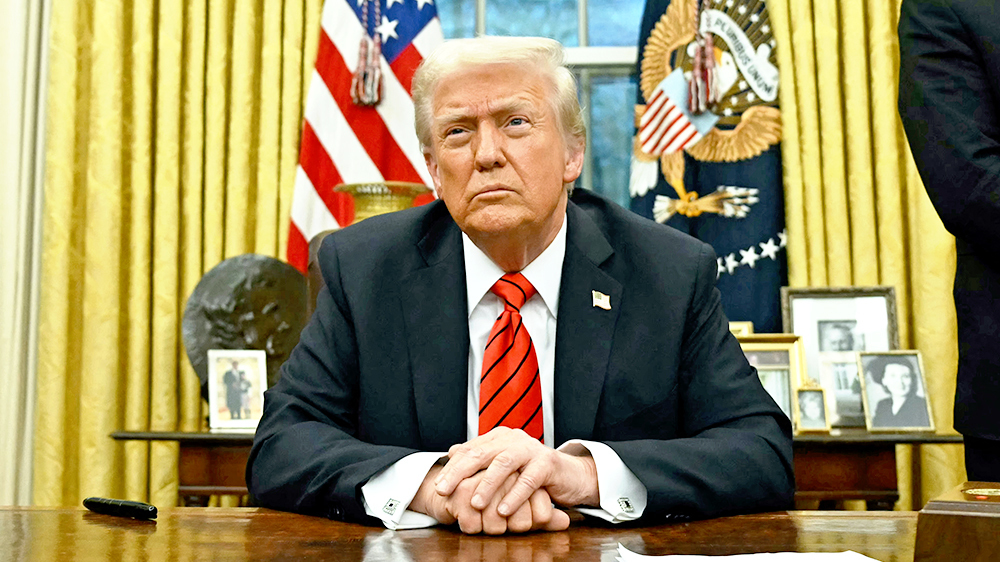

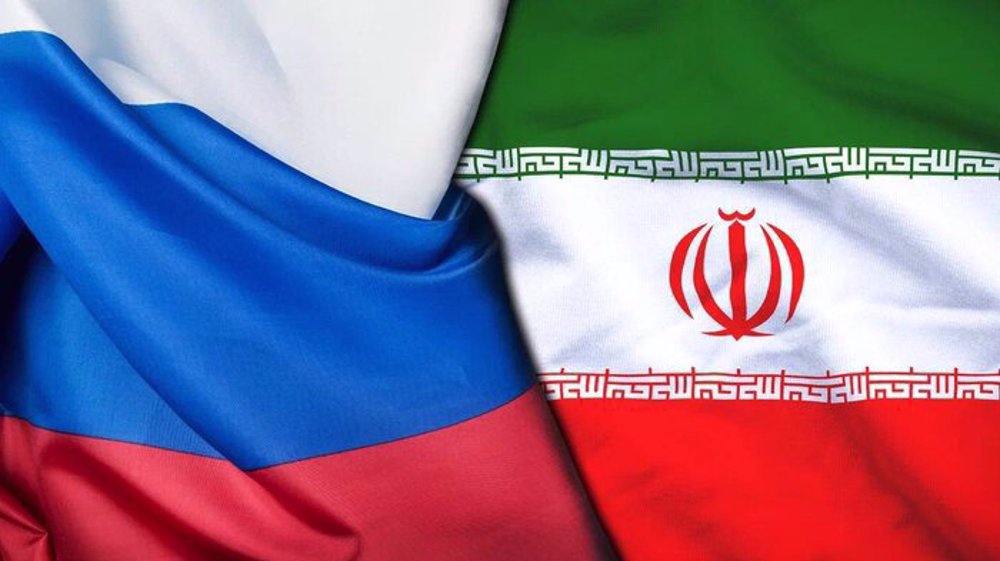

 This makes it easy to access the Press TV website
This makes it easy to access the Press TV website